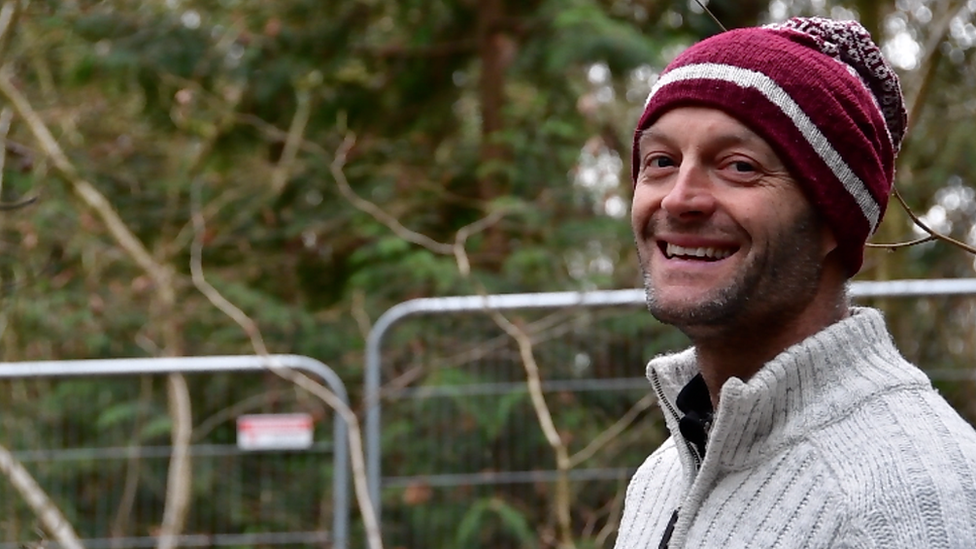Anti-HS2 campaigners begin week-long protest
- Published
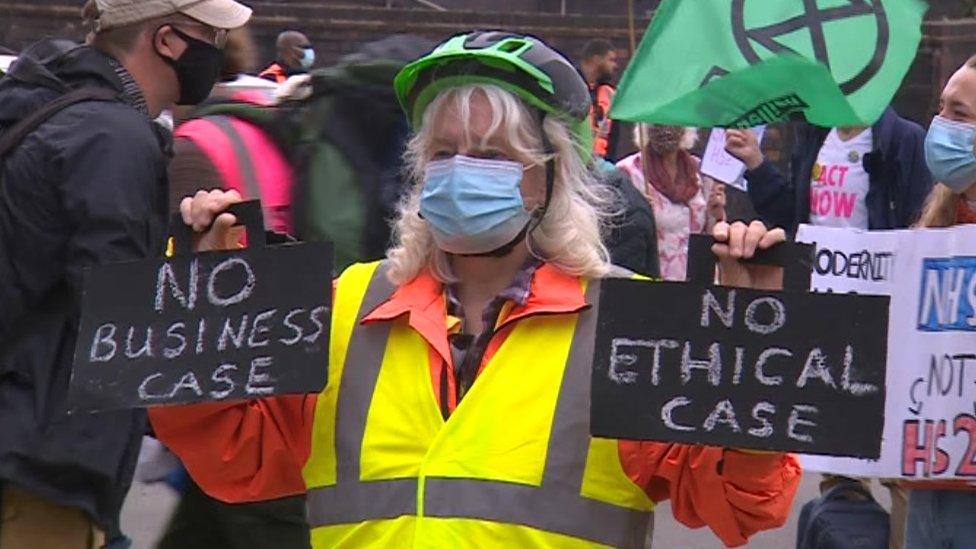
Demonstrators gathered in Birmingham at about 09:00 BST
Campaigners against the HS2 rail project have started a week-long protest walk along the line's route.
Demonstrators from Extinction Rebellion and the Stop HS2 group set out from Birmingham's Curzon Street Station to London at 09:00 BST.
They accuse HS2 of "decimating countryside and creating a huge financial burden at a time of deep economic crisis".
HS2 said the "majority of [the groups'] accusations are inaccurate".
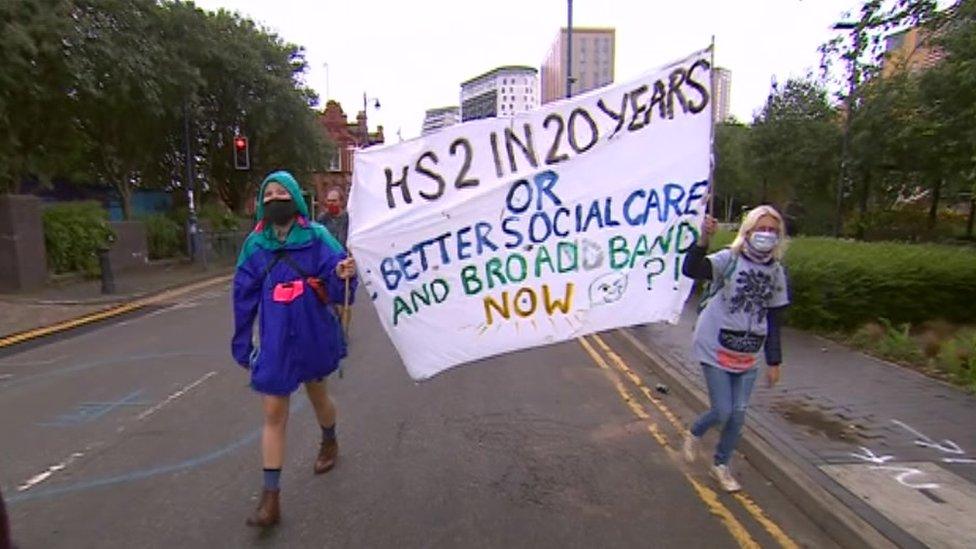
The group is walking from Birmingham to London to campaign for HS2 to be scrapped
About 100 people gathered outside the station, which will be the high-speed rail line's terminus when it opens in Birmingham - expected to be between 2028-2031.
"We're marching because we've had enough," Matthew Bishop, from the Save Cubbington Woods campaign, said.
"That the government has carried on with HS2 when we urgently need funding for our health service, our economic recovery and our local transport networks, makes clear where their priorities lie."
HS2 campaigners enter a fourth month occupying Cubbington Wood
Originally expected to cost £56bn, the latest estimate shows costs of the project have spiralled to £106bn.
In May, a report by MPs found the project was "badly off course" and accused HS2 Ltd and the Department for Transport of lacking transparency and undermining public confidence.
Protesters are demanding funds are used for the country's economic recovery following the coronavirus lockdown instead.
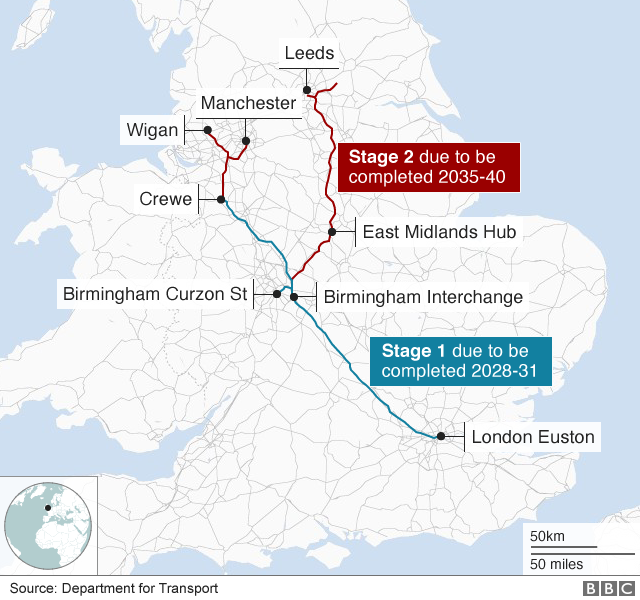
They are walking the 125-mile (201 km) route that phase one of the rail line will take.
The group plans to walk 18.6 miles (30km) a day, through Warwickshire and the Chilterns, until they reach London Euston.
A spokesperson from HS2 said the organisation "is already playing a pivotal role in helping Britain's economic recovery", through jobs and contract opportunities.

Follow BBC West Midlands on Facebook, external, Twitter, external and Instagram, external. Send your story ideas to: newsonline.westmidlands@bbc.co.uk , external
- Published6 October 2023
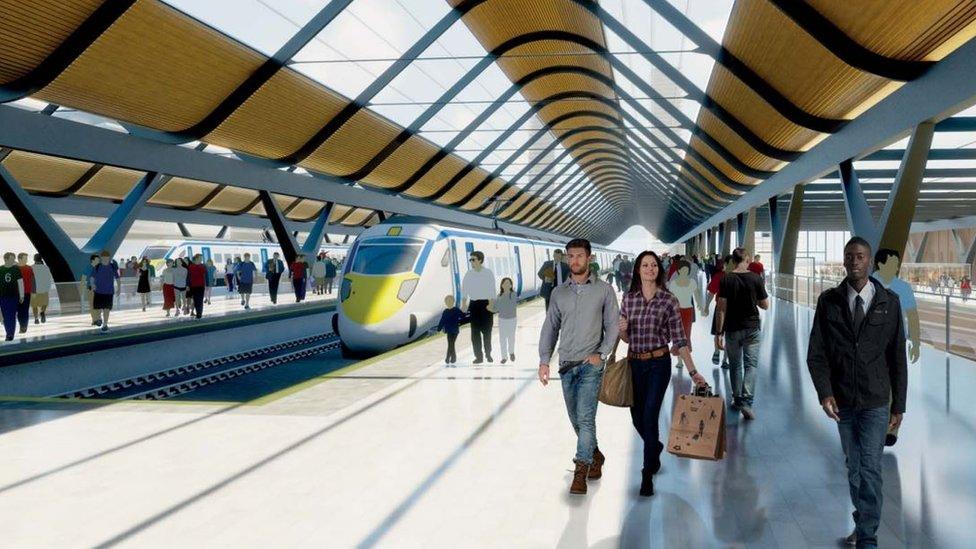
- Published11 February 2020
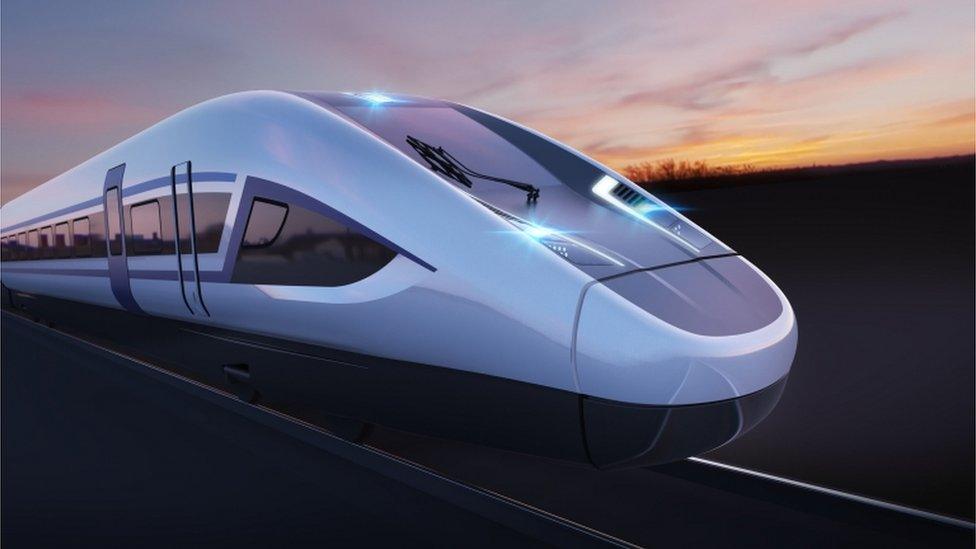
- Published4 May 2020
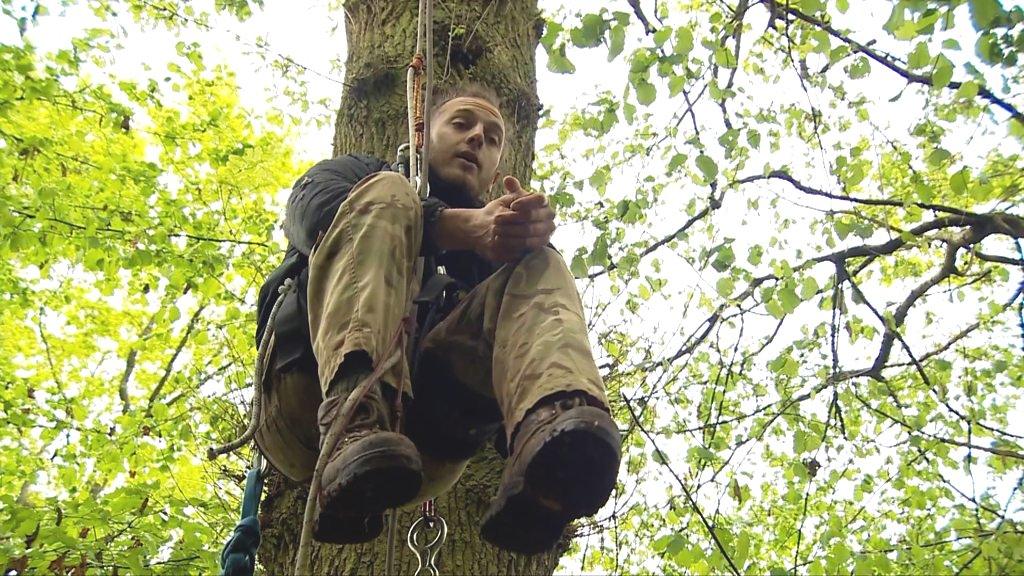
- Published17 May 2020
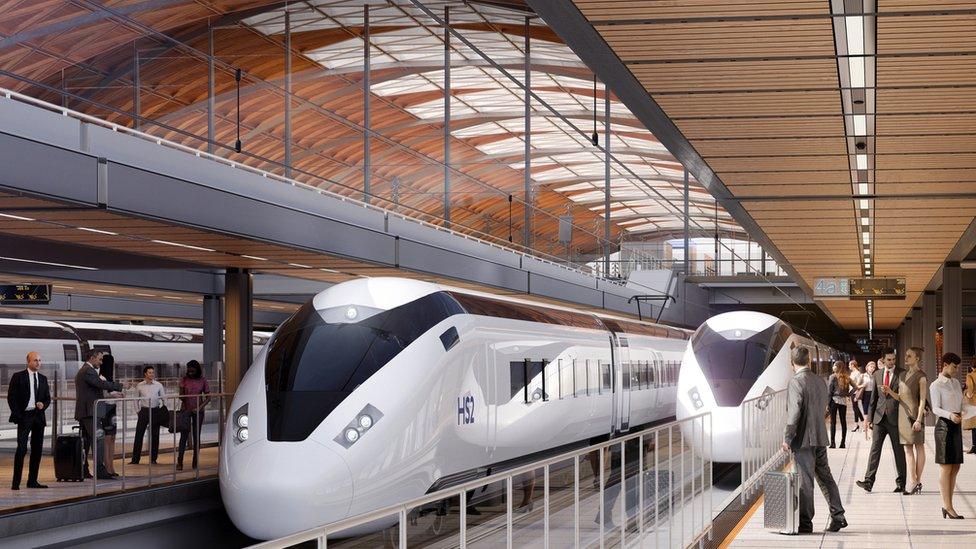
- Published19 June 2020
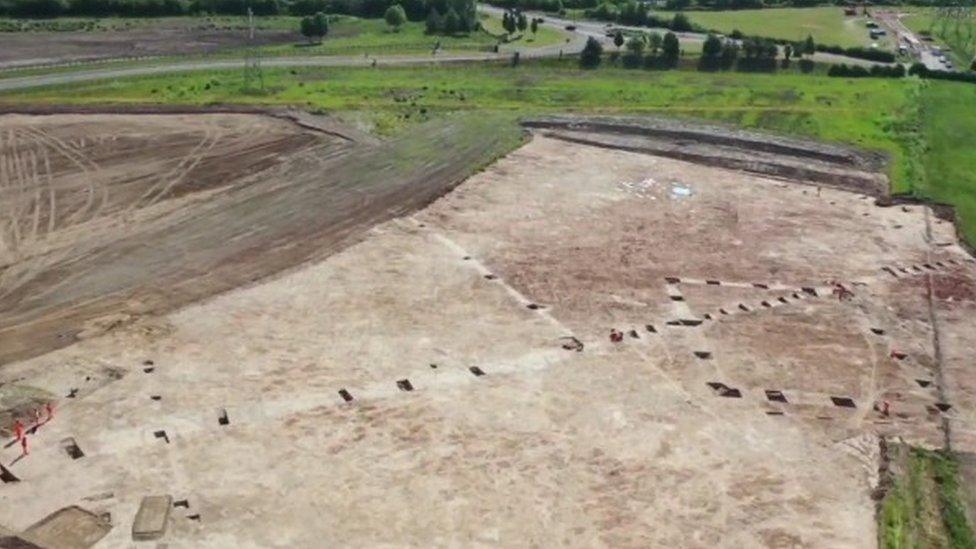
- Published15 January 2020
